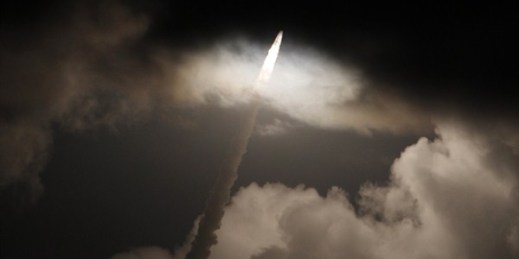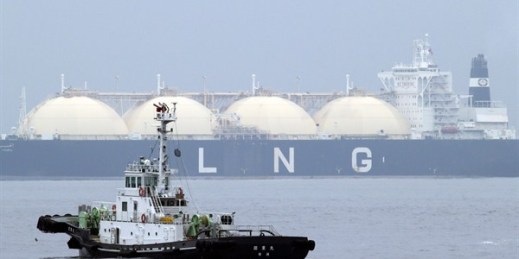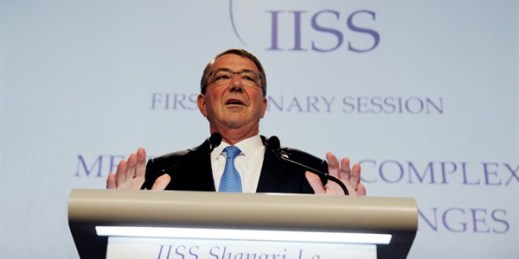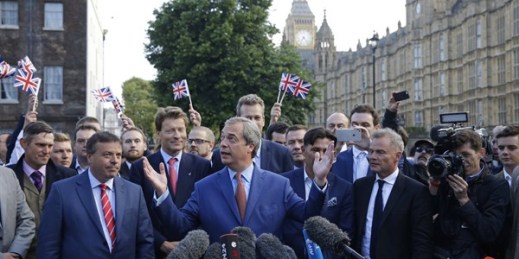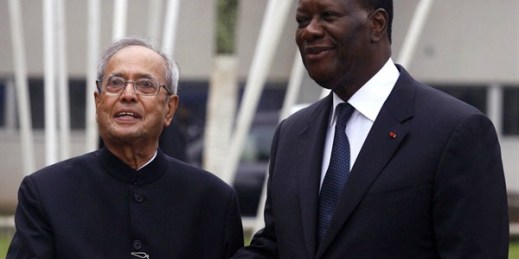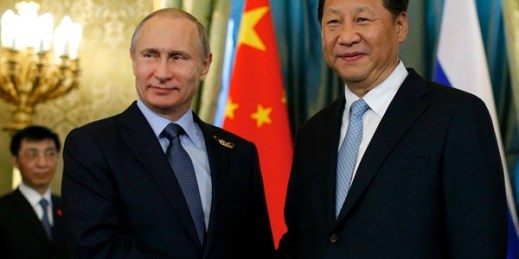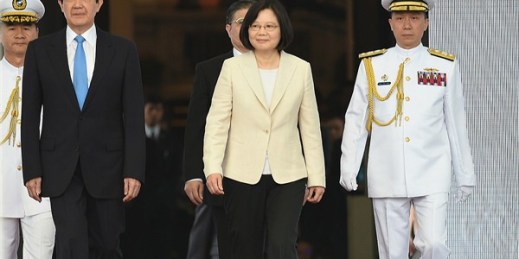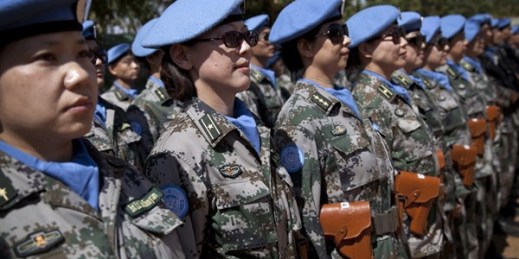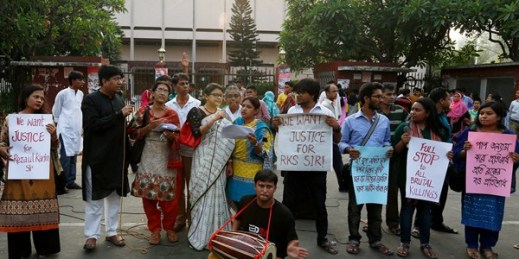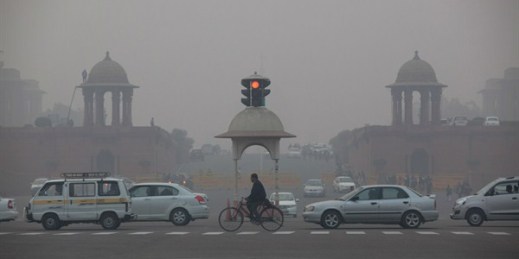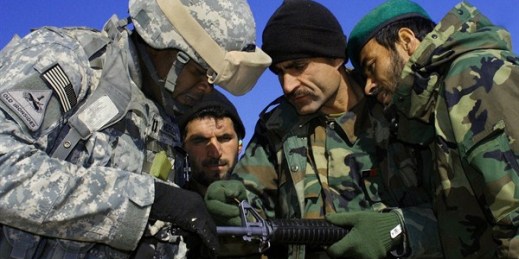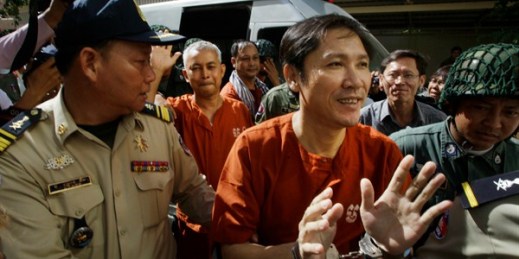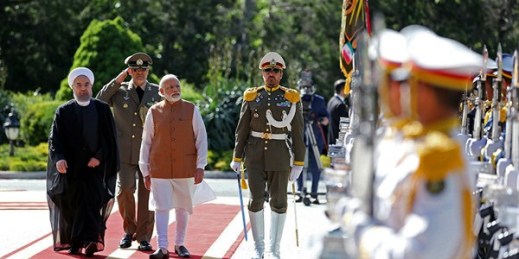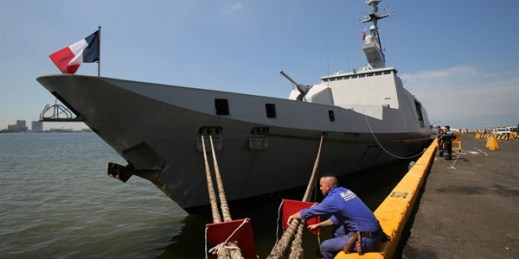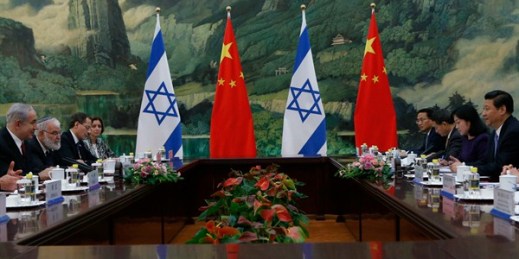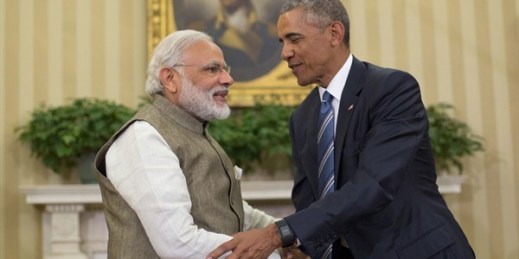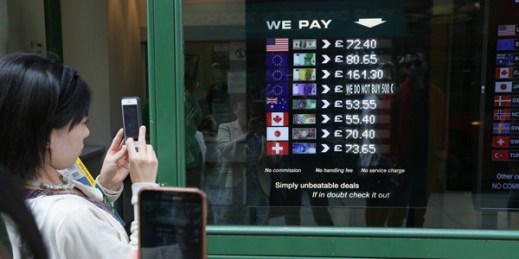
AMSTERDAM—Little doubt remains by now that Brexit, the British voters’ decision to pull their country out of the European Union, will have a detrimental impact on the United Kingdom’s economic fortunes. The country will experience an economic contraction, and it is quite likely that a loss of global influence will also ensue. In fact, the U.K. itself may ultimately come apart, as Scotland and Northern Ireland, both of which opposed Brexit, ponder a separate future. The reverberations from the vote, however, extend far beyond the British Isles. If resentment over the impact of globalization was one of the motivating forces […]

